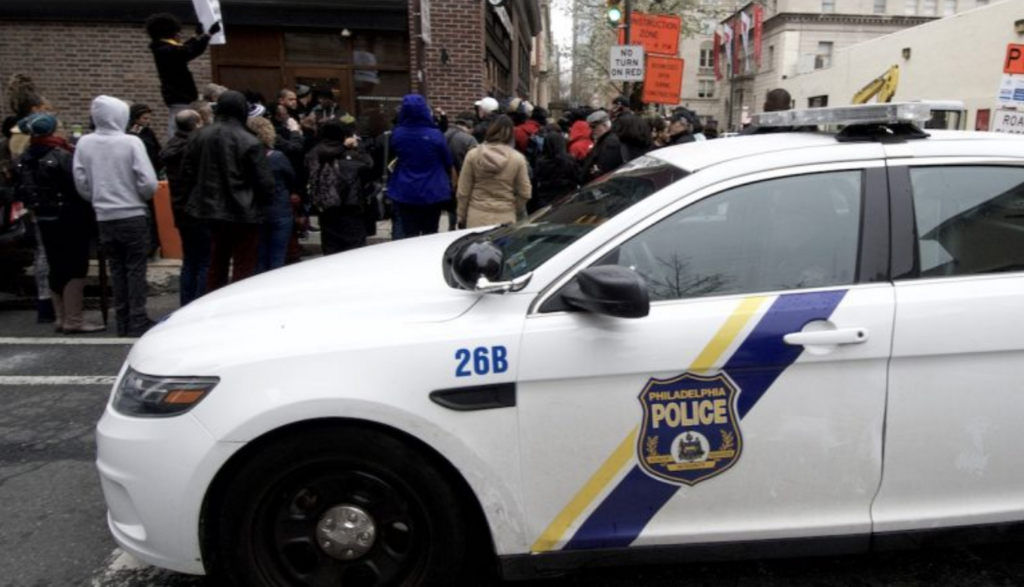Article originally published in the Philadelphia Business Journal on May 7, 2018
On May 2, the City of Philadelphia announced that it had reached a settlement with the two African-American men, Donte Robinson and Rashon Nelson, who were arrested on April 12 at a Starbucks in the up-scale Philadelphia neighborhood of Rittenhouse Square.
Within minutes after their arrival, Robinson and Nelson were asked if they would like to make a purchase. When they indicated that they were waiting for a colleague, the café manager called the police who arrested them for refusing to leave.
Under the terms of the settlement, Robinson and Nelson will each receive one dollar from the City. Their attorney has waived his fee. The City also committed to a $200,000 program to introduce Philadelphia high school students to careers in entrepreneurship.
Starbucks has also reached a settlement with Robinson and Nelson, the financial terms of which have not been disclosed. Both parties agreed to work together to address the issue of unconscious racial bias. Starbucks also offered to pay for Robinson and Nelson to obtain online degrees through the Starbucks College Achievement Plan at Arizona State University.
The arrest of these two individuals caused an uproar and accusations of bias and discrimination against black customers. In a public statement, Starbucks CEO Kevin Johnson described the incident as a “disheartening situation … that led to a reprehensible outcome.”
Quoting from the Starbucks Value Statement, “With our partners, our coffee and our customers at our core, we live these values … creating a culture of warmth and belonging, where everyone is welcome.”
This is Starbucks’ business model. It is not unusual for people to wait before making a purchase until their friends or colleagues arrive.
So, what are the lessons learned from this incident?
Practices are just as important as policies, and must be applied in a consistent manner
Starbucks has a no loitering policy, as indicated by a photo of a “No Loitering” sign in one of its cafés, published in Heffx. When should that policy be invoked, and are all people treated in the same manner?
Given Starbucks’ mission statement and business model, improved training is needed so employees understand when the presence of an individual within a café becomes loitering and when calling the police is justified. As a result of this incident, this is especially important moving forward.
Always work to defuse situations, rather than inflame them
Philadelphia police commissioner Richard Ross apologized for the arrests of Robinson and Nelson, stating, “While … [it] is apparently a well-known fact with Starbucks customers, not everyone is aware that people spend long hours in Starbucks and aren’t necessarily expected to make a purchase.”
In many situations, the police exercise discretion in how they handle incidents and defuse situations. Perhaps in this case, had they probed for additional information from the café manager and patrons, they would have learned that it is not a regular practice to ask individuals to leave within minutes after arriving, and the entire incident could have been avoided.
The CEO needs to be front and center in these types of situations
Credit goes to Starbucks CEO Kevin Johnson for promptly responding to this public relations crisis by traveling to Philadelphia to apologize to Robinson and Nelson, and engaging in dialogue with city leaders on how to move forward. He certainly limited the reputational damage to the company by doing so. A lesson for all CEOs.
This incident could have been avoided had everyone involved exercised common sense and good critical judgment. This should be a major criterion for hiring anyone to a position where lack of these traits can lead to significant adverse legal and reputational issues for any organization.
Stan Silverman is founder and CEO of Silverman Leadership. He is a speaker, advisor and nationally syndicated writer on leadership, entrepreneurship and corporate governance. Silverman earned a Bachelor of Science degree in chemical engineering and an MBA degree from Drexel University. He is also an alumnus of the Advanced Management Program at the Harvard Business School.


Am wondering why the Board of Directors had not previously requested Bias Training of all employees given the wide range of employees and customers. How can a company of Starbucks size not have had such a basic yet mission critical training already in place?
Good article.